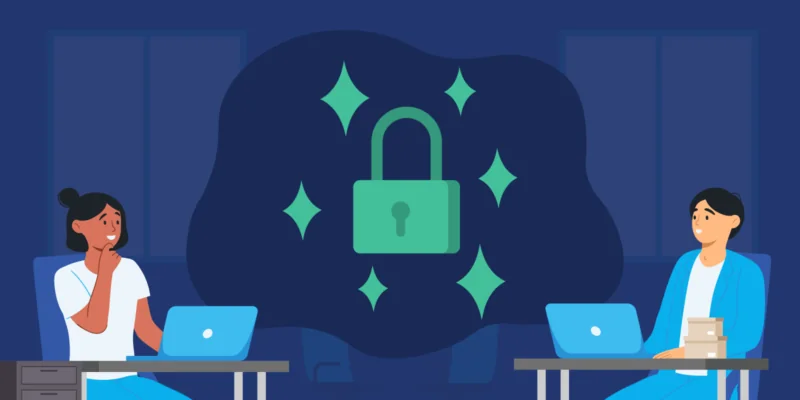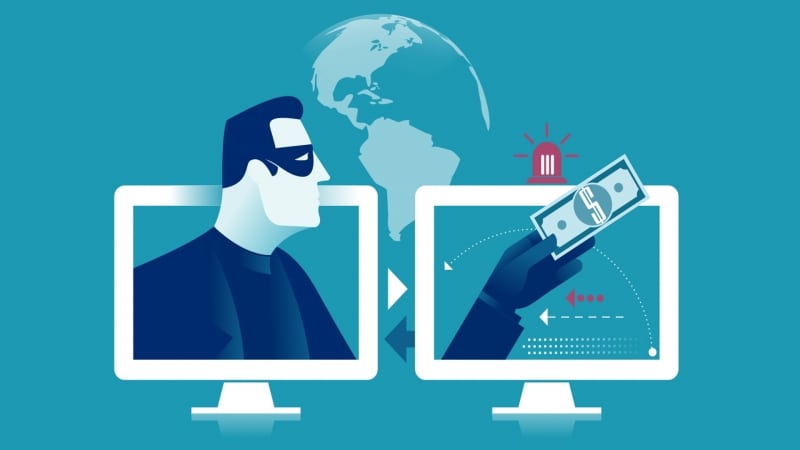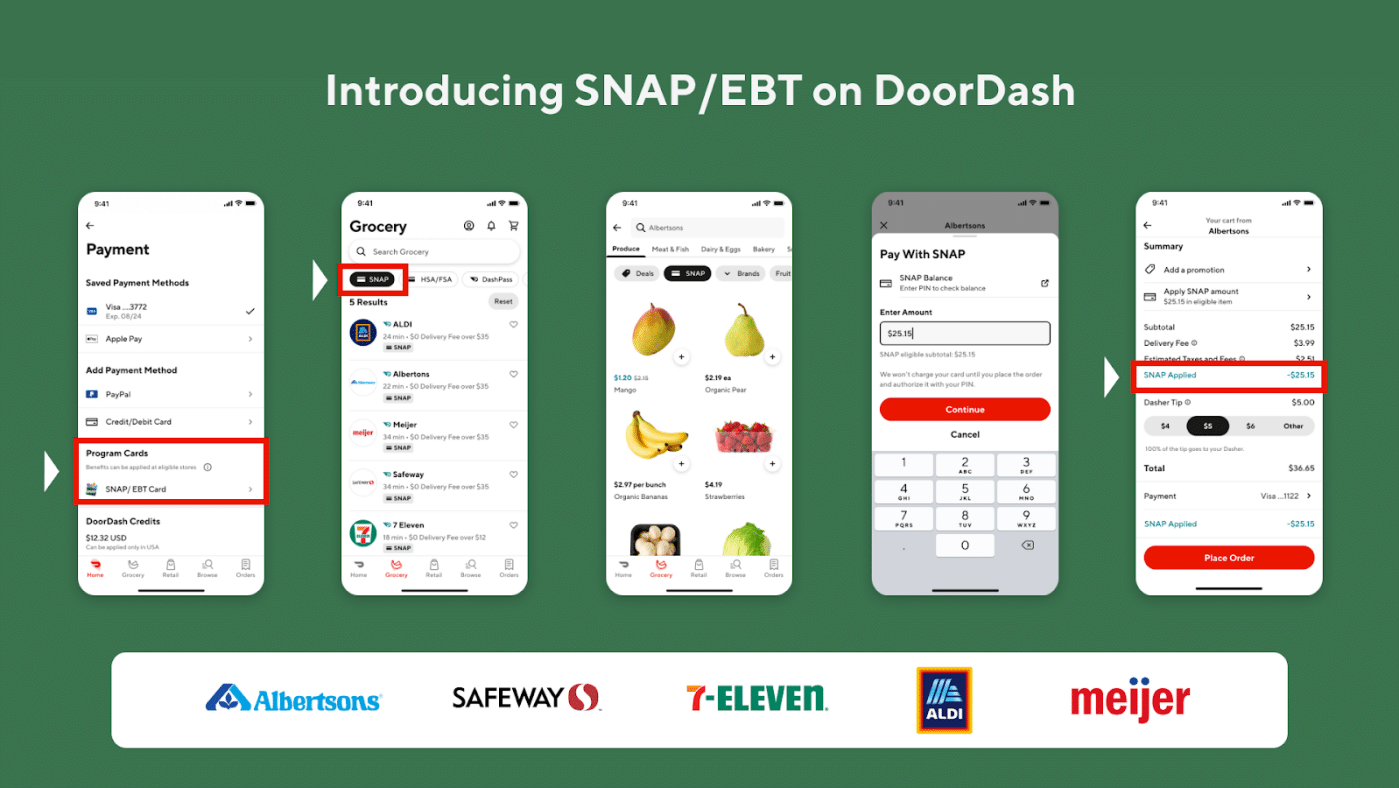In the wake of recent news stories, it’s only natural to feel apprehensive about the security of your personal data.
Just this Tuesday, the UK’s elections watchdog made a disconcerting revelation of falling victim to a “complex cyber-attack,” a breach that potentially impacts millions of voters.
Adding to the unsettling landscape, there was an accidental publication of personal information belonging to police officers in Northern Ireland.
In the face of these developments, questions arise: What steps can you take if you suspect your data may have been compromised? How can you proactively avert such issues?

How Secure Is My Data?
In the ordinary course of action, when public institutions, like the Police Service of Northern Ireland (PSNI), respond to Freedom of Information requests, they are expected to redact identifying data.
Yet, in this instance, sensitive information was inadvertently released by the PSNI, raising legitimate concerns for the safety of officers and their families.
For individuals whose data might have been exposed due to a data leak or cyber breach, there’s no need to descend into panic.
Regarding the cyber-attack affecting UK voters, the Electoral Commission acknowledged the impact on those affected and expressed regret. However, they specify on their website that the data they hold is “limited, and much of it is already in the public domain.”
The Information Commissioner’s Office (ICO), which serves as the data regulator, deems that personal information contained within electoral registers – usually encompassing names and addresses – does not inherently pose a significant risk to individuals, according to the risk assessment used to gauge data breach consequences.
Though this data could potentially be combined with other fragments of information about you, like your social media activity, to potentially identify you, this process is time-consuming. Cybercriminals tend to target high-profile individuals using such techniques.
Furthermore, unless you’ve opted out of inclusion in the open electoral register, a significant portion of this information is already accessible online.
If you are concerned about a different data breach and apprehensive about the loss of your information, there are online resources that can verify whether your email was part of a documented data breach.
The Electoral Commission specifically suggests employing the free online service “Have I Been Pwned” to conduct this check.

Protecting My Data: Best Practices
Should you suspect that your account password has been compromised, it is advisable to change it promptly.
However, exercise caution when it comes to responding to emails suggesting password changes, as these could be phishing attempts. Instead, visit the website directly, as you usually would, and update your password there.
Maintaining distinct passwords for various accounts is crucial. By doing so, even if a breach occurs, the extent of damage is minimized, as hackers won’t have the capability to leverage your data beyond the compromised service.
Vigilance in your online activities is another effective preventive measure against data loss.
Recent research by Barclays, disclosed on Wednesday, highlights that a staggering 87% of all scams transpire on tech platforms like dating apps, social media, and online marketplaces. These scams are on the rise, prompting the call for tech platforms to share the responsibility.
Barclays CEO Matt Hammerstein emphasizes the collaborative approach needed: “Without the joint help of tech organisations, the Government, and regulators, we risk enabling the unchecked growth of what is now the most common crime in the UK, hurting countless individuals, and costing our economy billions each year.”
The data underscores that tech platforms, especially social media, have become the primary sources of scams. However, there’s currently no legislative or regulatory framework compelling the tech sector to actively counteract these crimes, unlike the obligations imposed on banks.
To safeguard your digital presence, consider taking simple yet effective steps, such as using robust passwords for every online account, being cautious about emails from unknown senders, and exercising prudence when visiting unfamiliar websites.
For more comprehensive guidance, Action Fraud, the UK’s national reporting center for fraud and cybercrime, provides a comprehensive list of security measures to follow.









